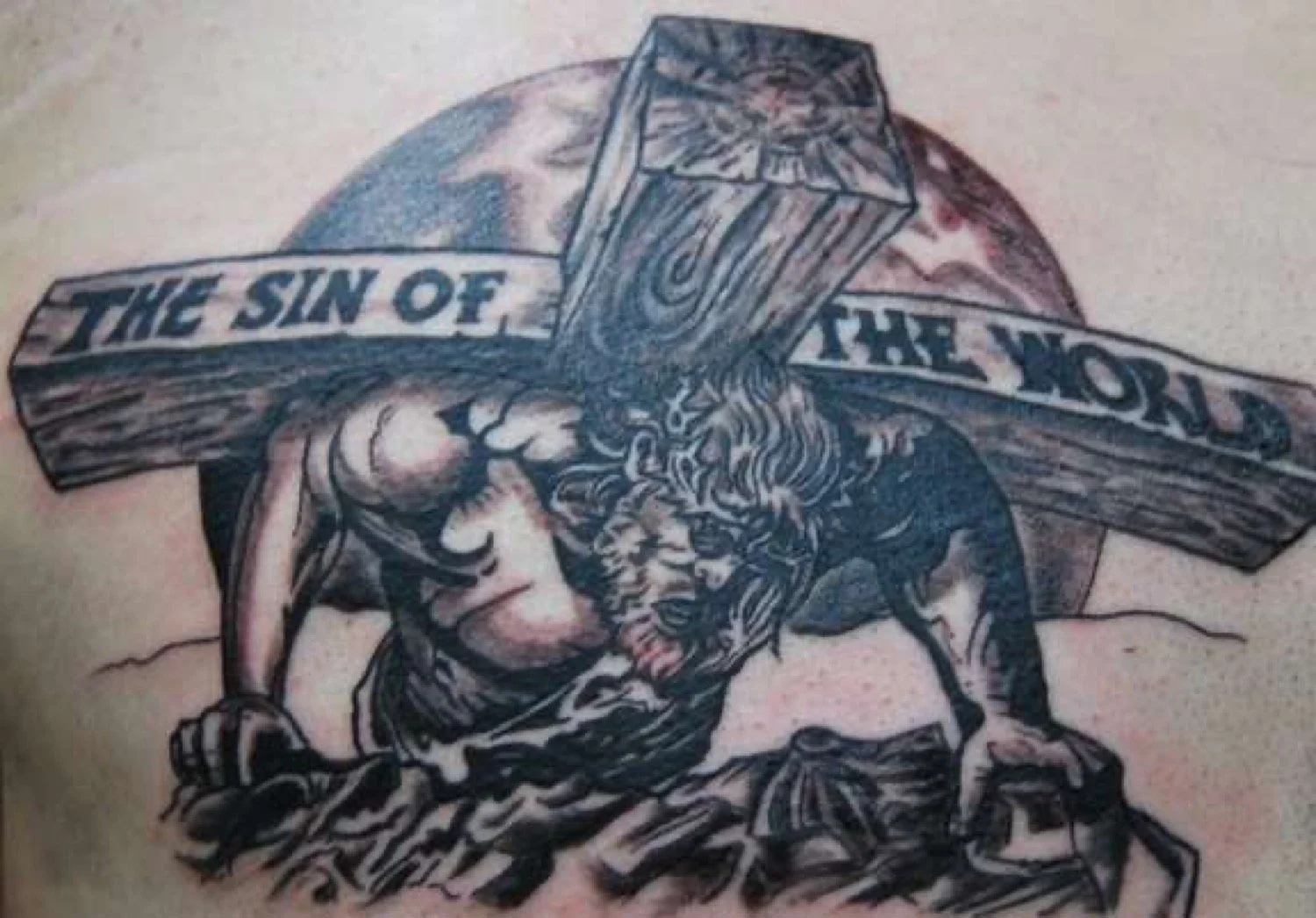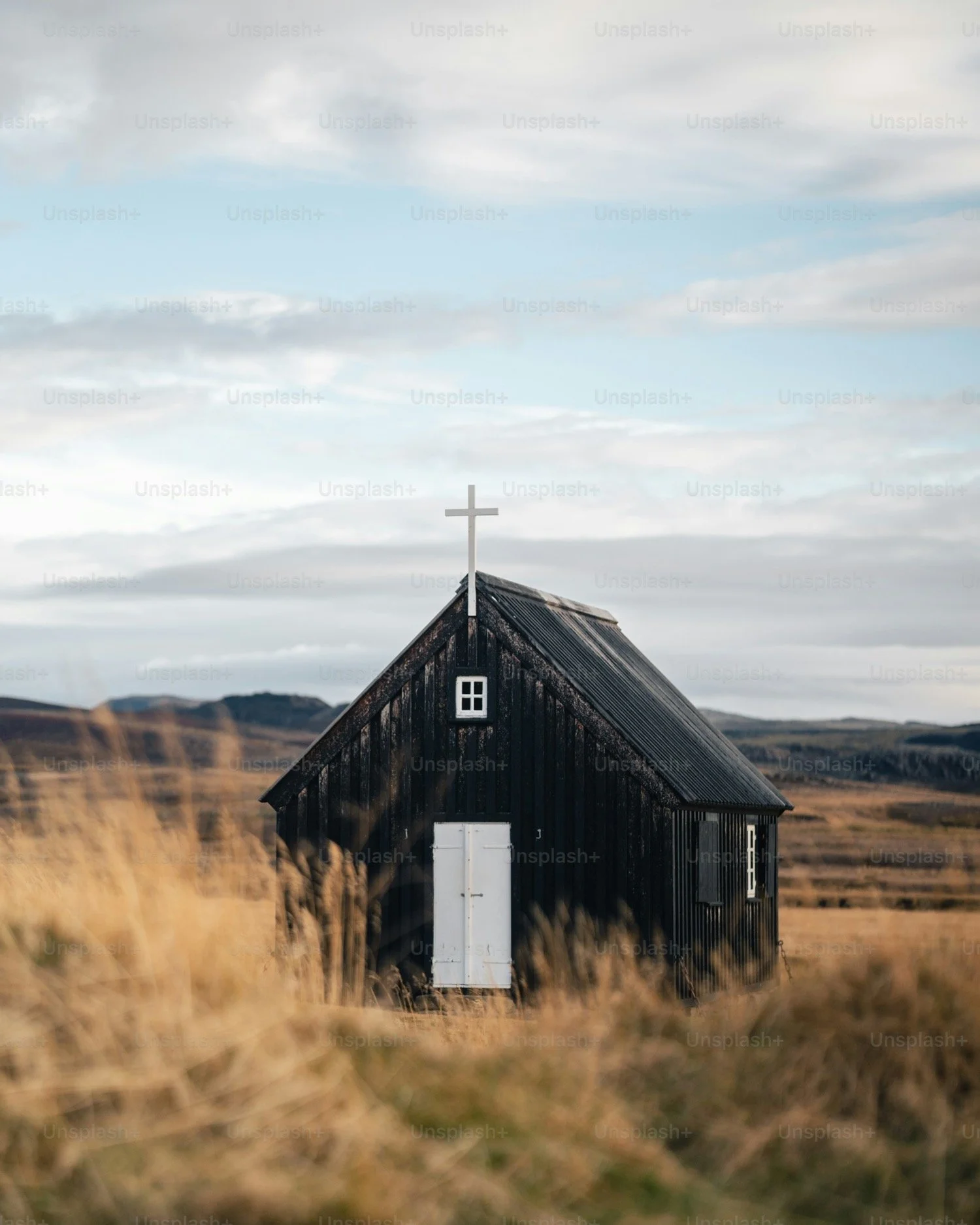Readings for today: Isaiah 64-66
Over the years, I’ve had the blessing of spending time with incredible men and women of faith from all over the world. House church pastors in China. Leaders of an underground railroad for North Korean refugees. Survivors of the Killing Fields in Cambodia. Church planters in Ethiopia, Uganda, and South Sudan. Foster parents in America. Military men and women who’ve seen and experienced the horrors of war. Police officers and fire fighters who come face to face with human suffering every single day. Single moms working multiple jobs to provide for their children. Older men and women serving as primary care-givers for their spouses with terminal illnesses. Inmates who find ways to love others in the midst of an often violent prison system. In each and every case, the challenges these dear friends face are overwhelming. The pain they experience is real. Frustration can often get the best of them. Sometimes they even despair. They ask God a lot of questions. “Why have you done this to me?” “Why are you letting this happen to me?” “Where are you in the midst of all I am suffering?” These questions are honest and real. The emotions raw and unfiltered. And there are no easy answers.
Isaiah grappled with similar questions in his own time. “Be not so terribly angry, O Lord, and remember not iniquity forever. Behold, please look, we are all your people. Your holy cities have become a wilderness; Zion has become a wilderness, Jerusalem a desolation. Our holy and beautiful house, where our fathers praised you, has been burned by fire, and all our pleasant places have become ruins. Will you restrain yourself at these things, O Lord? Will you keep silent, and afflict us so terribly?” (Isaiah 64:9-12) He could see the coming judgment. He could see Jerusalem and the Promised Land laid waste. Everything he held dear would be lost. His entire way of life destroyed. One might think this would cause Isaiah to despair. To lose faith in God. But in the midst of his suffering and doubting and questioning, Isaiah hits upon a key insight. One that sustains him through the pain. “But now, O Lord, you are our Father; we are the clay, and you are our potter; we are all the work of your hand.” (Isaiah 64:8)
God never promises life will be easy. In fact, He tells us quite clearly throughout the Scriptures that life in this world will be hard. There will be pain. There will be suffering. We live in a broken world. A world that is not as it should be. A world that is not how God intended it would be. It is a world of our own making. A world ravaged by sin and death. A world we created because we wanted to be like God. A world we continue to create because we still fall for the same lie over and over again. Yes, God never promises us an easy life but He does promise He will use all things - even our pain - for our good. He is the Potter. We are the clay. The clay doesn’t ask the Potter, “Why have you made me like this?” The clay doesn’t question the Potter’s plans for it’s life. The clay doesn’t worry because the Potter knows what He’s doing. He is shaping us for His own glory.
It’s an ancient insight that still holds true today. It holds true for everyone who calls on the name of the Lord. No matter where you live. No matter what you do. No matter what your circumstances may be. God is the master potter. We are his clay. He has us right where He wants us...on His wheel...and He is shaping us to serve His purposes in this world. We have no need to ask Him, “Why?” No need to question His plans. We simply are called to trust and obey. To let the Potter do what the Potter does best. What is the Potter doing in your life today? How is He shaping you? How is He forming you? Where is He at work in you? Give Him thanks no matter what season you find yourself in.
Readings for tomorrow: 2 Kings 21, 2 Chronicles 33




